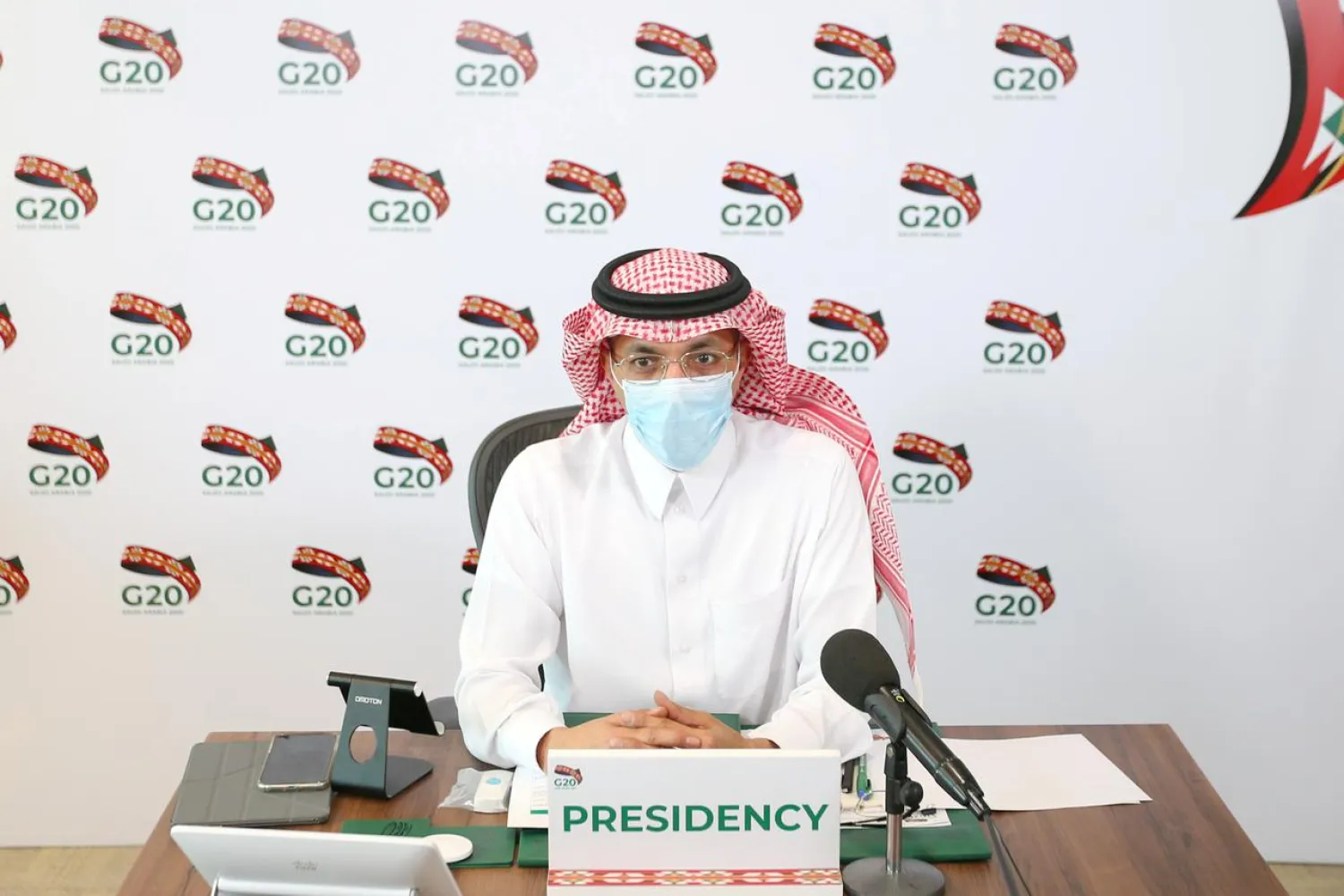Finance officials from the Group of 20 major economies vowed on Saturday to continue using “all available policy tools” to fight the coronavirus pandemic and bolster the global economy, warning that the outlook remains highly uncertain.
G20 finance ministers and central bankers, in a communique issued after a virtual meeting on Saturday, said the global economy would recover as economies gradually reopen, but said further actions were needed to ensure growth.
“We are determined to continue to use all available policy tools to safeguard people’s lives, jobs and incomes, support global economic recovery, and enhance the resilience of the financial system, while safeguarding against downside risks,” they said in statement after the meeting ended.
COVID-19, the disease caused by the virus, has infected more than 14.14 million people and killed 596,576, according to a Reuters tally. The United States, the world’s largest economy, tops the list of deaths.
Sweeping shutdowns aimed at halting the spread of the disease have caused massive disruption to the global economy, and are hitting the world’s poorest countries hardest.
G20 finance officials said 42 of the world’s 73 poorest countries had requested a freeze in official bilateral debt payments through the end of the year, amounting to about $5.3 billion in deferred payments.
Reflecting concerns raised by the World Bank that China, a G20 member and the largest creditor to developing countries, was not participating fully, the officials urged all official bilateral creditors to implement the Debt Service Suspension Initiative (DSSI) fully and transparently.
They also “strongly encouraged” private creditors to participate on comparable terms, and said they would consider extending the debt standstill in the second half of 2020.
Private creditors had not received any formal requests from countries for debt service suspension under the G20 initiative, the Institute for International Finance (IIF) said on Wednesday, ahead of Saturday’s meeting.
“We encourage the private sector investors to participate in this, but we need to be very careful not to interfere on private agreements,” Saudi Finance Minister Mohammed al-Jadaan said in a press conference at the end of the meeting.
Saudi Arabia is the current G20 chair.
The officials also reaffirmed their commitment to resolving differences over how to tax digital services and reaching a broad, consensus-based solution this year.
They said they expected to see proposals on international tax reform by October, when they meet again.
“Fair taxation of international companies and large digital groups is more urgent than ever,” German Finance Minister Olaf Scholz said after the meeting.









